When Genorosity Is Not Enough, By Isiaq Ajibola
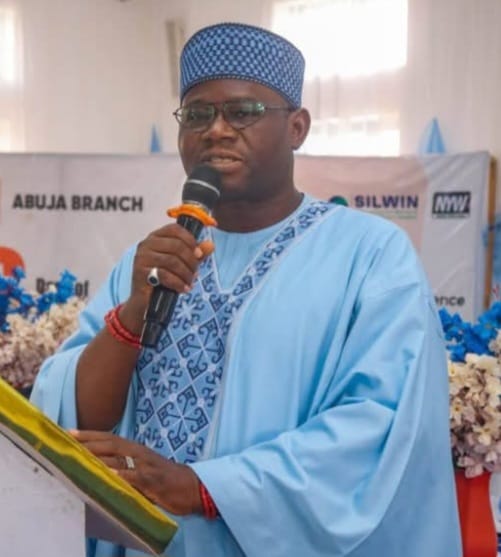
In Nigeria’s elite circles, it is common to meet accomplished Muslims who live carefully structured lives. They plan their finances, children’s education, retirement, household expenses, and pilgrimage months ahead. They save deliberately, invest in various enterprises, and diversify their earnings over time. They also give generously; to family members, people back home, mosque projects, the payment of third-party school fees, medical bills, and emergency needs.
Yet, among this same group, the obligation of giving Zakat,one of the fundamental pillars of Islam remains persistently misunderstood and often unmet.
My interest in this matter did not arise from abstraction or moral inquisition. It grew from my direct involvement as a council member of the NASFAT Agency for Zakat and Sadaqat (NAZAS), an organisation that has collected and distributed close to ₦1 billion through structured Zakat and Sadaqat administration in Nigeria since 2014.
In my interactions with the elites who made this possible, a sobering reality has emerged—confusion about eligibility, uncertainty over who should pay Zakat, and ignorance of how to calculate. In a country with a sizeable Muslim population of middle and upper class comprising accomplished individuals, the pool of compliant contributors remains remarkably thin.
In Nigeria, where about 56% of the population is identified as Muslim (Pew Research Center), Zakat collection remains modest. For example, in 2024, the five leading Zakat agencies in Nigeria disbursed roughly ₦736 million to just over 4,200 beneficiaries—a modest figure when placed against the size and potential of the Muslim population.
Globally, the picture is similar. Studies indicate that while 85%–95% of Muslims fast during Ramadan and 70%–85% observe daily prayers, only 20%–40% of eligible Muslims actually pay Zakat. By any objective measure, it is the least observed of Islam’s five pillars.
Part of this weak performance is
a deeper problem of a knowledge gap among eligible( Zakatable) Muslims. As earlier noted, Nigerian Muslims are instinctively generous. However sincere, the intention may be, that is not a substitute for the obligation of Zakat. This is when generosity is not enough. Confusing them undermines the deliberate injunction of Allah that places Zakat as the third pillar of Islam, alongside faith( Iman), prayer (Salat), fasting during Ramadan, and pilgrimage (Hajj).
More importantly, the purpose of Zakat goes far beyond charity. It is a moral, social, and economic system designed to purify wealth, uplift society, and strengthen faith.
The obligation of Zakat requires the payment of a fixed rate of 2.5% of ones net wealth once it reaches the threshold of nisab and has been held for one lunar year.
Using the gold benchmark prescribed by the Prophet Muhammad (SAW), the nisab is measured at 87.5 grams of gold, which today is approximately ₦19.1 million, using the current exchange rate. This means that anyone whose combined eligible assets, held for a lunar year, meet or exceed this figure is obligated to pay Zakat.
The calculation itself must be properly understood. It is not about having this amount sitting idle in a single bank account. Rather, it involves adding up one’s working assets and subtracting immediate liabilities.
It is therefore imperative to understand the calculation.
Firstly , identify what counts as zakatable wealth
Zakatable wealth includes what you own today that represents stored or growing value.
These typically fall into the following categories:
(i) Cash and Cash Equivalents
Cash at home; money in bank accounts; mobile wallets; digital balances; and foreign currencies (converted to naira).
(ii) Business Assets
Goods or stock meant for sale; money owed to you that is likely to be paid (trade receivables).
This does not include fixed assets such as buildings, machinery, or office furniture.
(iii) Gold and Silver
Gold or silver held as savings or investment. Many women hold jewellery partly for this purpose. While scholarly opinions differ on jewellery kept purely for personal adornment, many choose to include it to be safe. Zakat applies to its current market value.
(iv) Shares and Investments
This is where most modern confusion arises.
Shares represent ownership in companies, whether listed on the Nigerian Exchange or held abroad. Investments include equities, mutual funds, Sukuk, bonds, treasury bills, cooperative schemes, and even digital assets such as cryptocurrencies.
Secondly , deduct immediate liabilities you are owing. Deduct short-term obligations like rent due, utility bills, school fees due, salaries due, supplier payments, and loan instalments currently due. (Long-term debts not immediately payable are generally not deducted).
Thirdly, apply the
rate of 2.5% to the resulting net amount (or simply divide by 40). This is the same rate applied during the time of Prophet Muhammad (SAW).
Once the net amount reaches the nisab ( N19.1m),then you must pay Zakat.
Among Muslim elites the question is rarely poverty. It is the way we handle it with levity.
Many assume they are below nisab because they glance at a bank balance and stop there. But Zakat is assessed on accumulated wealth; cash savings, shares, business capital, receivables, retained profits etc. The nisab today of roughly ₦19.1 million sounds imposing until one begins to aggregate properly. ₦8 million in savings, ₦5 million in investments, ₦4 million tied up in business asset, ₦3 million in receivables and one has quietly crossed the threshold.
What disguises eligibility is fragmentation. Wealth sitting in different compartments and not assembled in one place feels smaller than it is.
For many reaching nisab is not extraordinary. The challenge is not capacity but the discipline to calculate what is held personally or within a business.
Zakat is orderly, predictable, and capable of quietly redistributing opportunity in a society where too much wealth often circulates within too few.
Perhaps the time has come for Muslim elites to apply the same rigour to Zakat that they apply to other pillars of Islam.
May Allah grant us clarity, sincerity, and the courage to fulfil this obligation properly. May He accept our obedience and purify our wealth. Ameen.



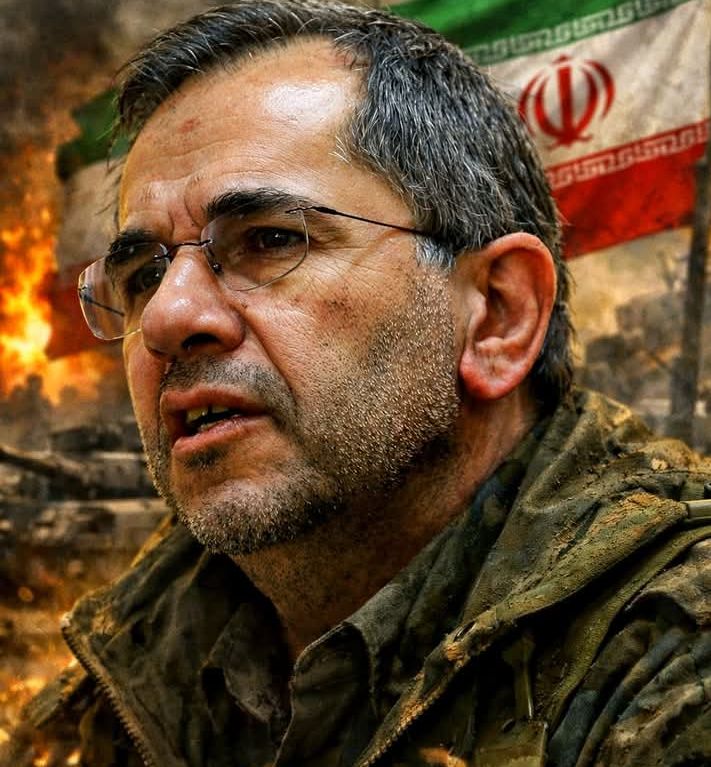


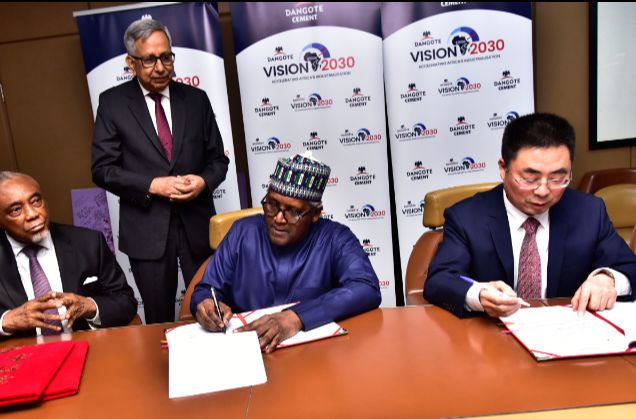

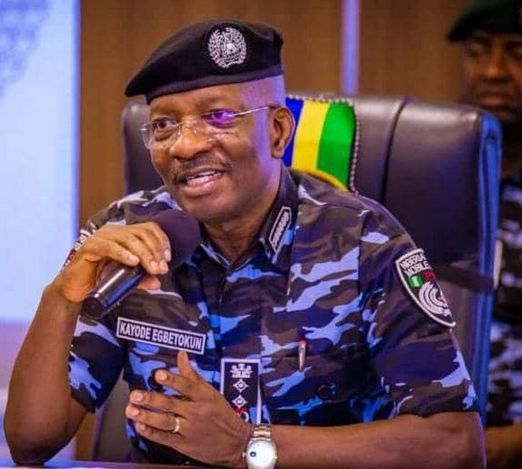

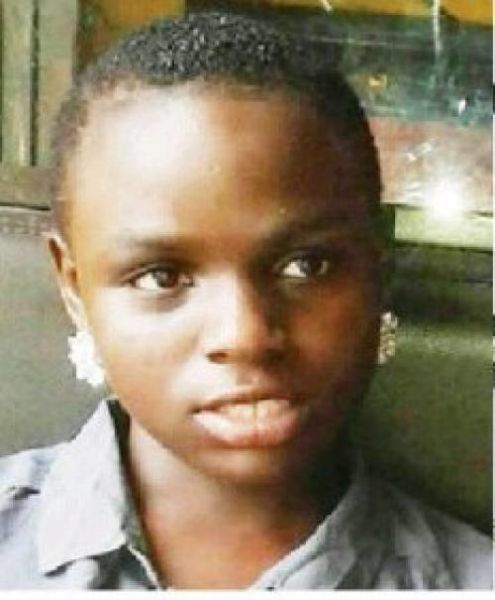 …Ese Oruru
…Ese Oruru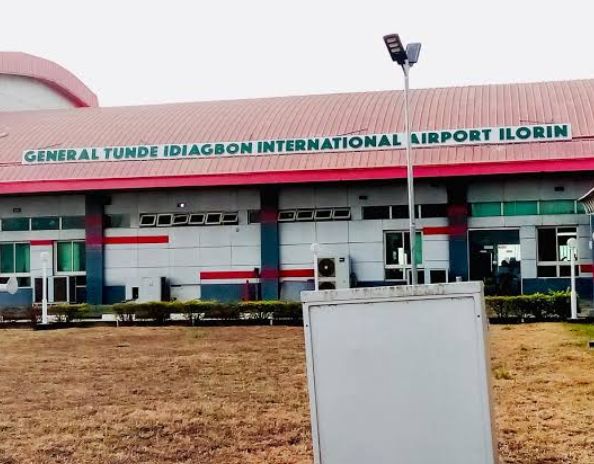




Iran, US/Israeli Face-Off, A Long Walk From The Past
It’s no longer a news that the Supreme Leader of Iran was killed in a major military attack carried out by Israel together with the United States on February 28, 2026. ce the 1940s, sometimes as a friend and sometimes as an enemy.
ce the 1940s, sometimes as a friend and sometimes as an enemy.
It needs to be explained why this is happening in very simple English, so that anyone who knows nothing about politics can understand.
As you may know, Israel and Iran are both in the Middle East. The Middle East is a group of countries in Western Asia. These countries include:
Iran, Israel, Palestine, Saudi Arabia, Iraq, Turkey (a part of Turkey is in Europe), Jordan, Syria, Lebanon, Kuwait, Qatar, Oman, United Arab Emirates, Yemen and Bahrain.
The Middle East has a lot of oil. Oil brings money, but it also brings problems. Powerful countries from outside the Middle East want control and influence there because of oil. America has been involved in Iran sin
Inside the Middle East, countries also compete with each other for regional power, politically, economically and religiously. The religion side is often overlooked. For example people often forget that Saudi Arabia and Iran fight for religious dominance in the Middle East. This is because the religion of Islam has two main denominations namely Shia and Sunni. Iran is mostly Shia and Saudi Arabia is mostly Sunni.
But ofcourse, the biggest rivalry in the Middle East is actually between Israel and Iran. Israel depends on its strong army and support from the United States. It sees Iran as a serious threat. Iran has threatened to destroy Israel. These threats were made as early as 1979 by Iran’s first Supreme Leader.
At the center of the Israel–Iran conflict is the belief among hardline leaders in Iran that Israel should not exist as a country. There is a big question about how morden state of Israel was created and why it is at war with Palestine.
In Palestine, Israel has killed many civilians, bombed homes, hospitals and schools, stopped food and aid from getting in.
Iran supports Palestine. It calls Israel’s actions crimes and even genocide, and helps groups that fight Israel by giving them money, weapons and training.
The other cause of this war is Iran’s nuclear program.
Israel wants to stop Iran from getting nuclear weapons because Iran has threatened to destroy Israel before. But Iran says its nuclear program has nothing to do with nuclear bombs. However Israel doesn’t believe this.
It is worth mentioning that nuclear weapons give countries an extra layer of security. For example, North Korea built nuclear weapons to protect itself from outside threats. Because North Korea has nuclear weapons, attacking it would be very dangerous. That makes Western countries think twice. It is therefore not unthinkable that Iran wants the same level of protection. But Israel says no. America also says no.
Some people think America ONLY attacks other countries because of oil. That is not always true. America acts based on its own interests. Those interests are not always about money or oil. Sometimes they are political or strategic. For example, Afghanistan does not have large oil reserves but America still sent its military there.
Some people believe that if a country has no oil, then it does not matter to America. That is not true. Korea does not have major oil resources yet during the Korean War, America fought to defend South Korea. This shows that oil is not the only reason America gets involved in other countries. Sometimes the reasons are political, military or strategic.
In June 2019, Donald Trump even visited North Korea. He became the first sitting U.S. president to step onto North Korean soil when he crossed the DMZ to meet Kim Jong Un.
Clearly, oil is not the only factor in American foreign policy. So the claim that America does not attack North Korea simply because it has no oil is false.
Now let us look at U.S-Iran relations
After the Second World War, America became more involved in the Middle East to stop the Soviet Union from spreading its influence. Oil had become very important to global power. America strengthened its relationship with Iran because of Iran’s oil.
In 1951, a new Iranian leader named Mohammad Mossadegh came to
power. He took control of Iran’s oil and said it should belong to Iran. He nationalized the oil industry. This was during the Cold War era when America and the Soviet Union were competing against each other for power and influence around the world.
In 1953, America sponsored a coup in Iran as a response to the nationalization of oil. This coup led to the rise of Mohammad Reza Pahlavi, commonly known as the Shah. This man went on to rule Iran for 26 years.
The Shah was a harsh ruler, but he was friendly to America. The United States ignored his human rights abuses because he supported American interests. During this time, Iran was a close ally of America and also had good relations with Israel.
However, many Iranians hated the Shah. One of his strongest critics was a religious leader named Ruhollah Khomeini, an Ayatollah. Remember an Ayatollah is a very senior Muslim leader in Iran. Ayatollah Ruhollah Khomeini strongly criticized the Shah. He also criticized Western influence, and America’s role in Iran. Because of this, he was forced into exile in the 1960s. Even while in exile, Khomeini sent recorded messages back to Iran, telling people to oppose the Shah.
Public anger grew. In 1979, the Shah was removed from power in a revolution. That is how Ayatollah Ruhollah Khomeini became Supreme Leader and how Iran became an Islamic Republic.
The new Iranian government was strongly against America because many Iranians believed America had interfered in their democracy in 1953 and had supported a dictator for many years.
Later in 1979, Iranian students took over the U.S. Embassy in Tehran. American diplomats were held hostage for 444 days. From that moment, Iran and America became enemies. As Israel became closer to America, Iran’s new leaders saw Israel as a Western creation in the Middle East that was harming Muslims. This belief shaped Iran’s long-term policy toward Israel.
This supreme leader who was recently killed was known as Ayatollah Ali Khamenei. He had been in power since 1989, having taken over after the death of Ayatollah Ruhollah Khomeini.
So why did they kill him?
Well, if you want to destabilize a regime in a time of war, you eliminate its leader. Not every country can survive a sudden leadership crisis in a time of war.